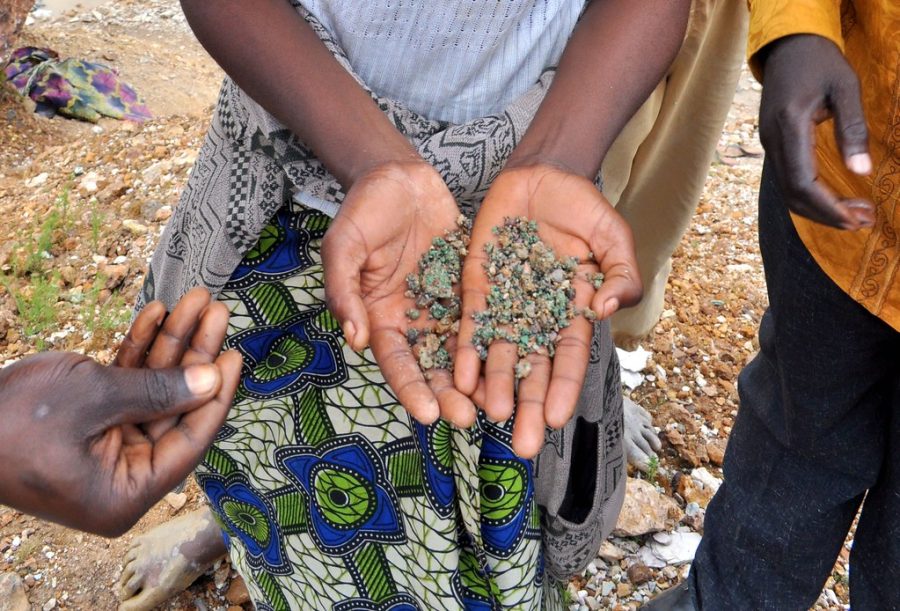Major Powers Battle for Cobalt in the Congo
America is battling with China for Congo’s richest natural resource: Cobalt.
The Democratic Republic of Congo (D.R.C.) has up to 2/3rds of the entire world’s cobalt, which is an essential resource to make electric car batteries run longer before needing to be charged again. Congo is rich in cobalt and is easy to dig up, however, the U.S. is lagging behind in the race to get the valuable metal.
In 2005, the Chinese and Congo struck a deal; China would build roads and buildings they needed, and Congo would allow them access to their resources. China has also bought out massive mines and controls 15 of the 19 pre-existing industrial cobalt mines in the D.R.C.
The U.S. turned a blind eye to Congos’ resources while former president Donald Trump was fighting for the burning of coal during his presidency. However, the current president Joe Biden has stressed the critical need for a clean future for the environment and the importance of electric cars.
Greenhouse gasses, such as carbon dioxide, trap heat in the atmosphere, which is the cause of global warming. Petrol cars release an abundance of toxic vapors and substances, including carbon dioxide and other greenhouse gasses; thus contributing to global warming and air pollution overall.
According to NPR.org, gas and diesel vehicles makeup 97% of the U.S. market. When a singular gallon of gas is burned it, produces roughly 19 pounds of carbon dioxide, according to EIA.gov.
Electric cars, on the other hand, let off very few emissions. A singular electric car on the road can save 1.5 million grams of CO2, according to edfenergy.com. They also run off of a renewable clean energy source.
Though China has a massive foot in the door ahead of the United States, Congo feels like China did not hold up its end of their deal. They have noticed buildings that were promised but never built, and the inadequacy of buildings that have been constructed.
In conclusion, although America got a delayed start on gaining access to this valuable material, it may surpass the Chinese.
Photo from Creative Commons.







